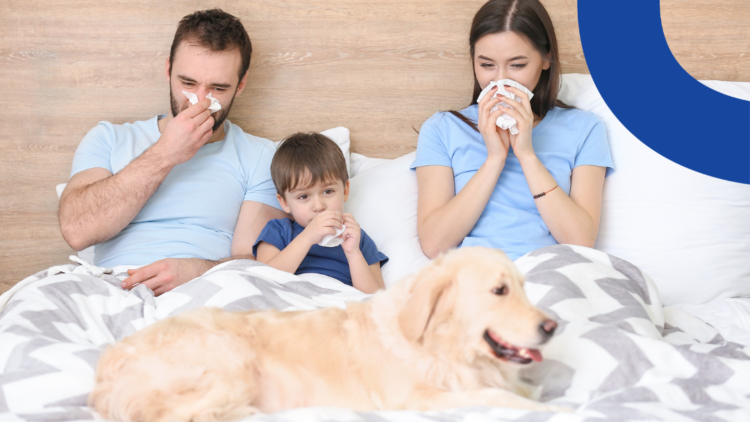Treat coronavirus like other flu infections – large-scale coronavirus testing ends

Coronavirus testing based on an assessment of the need for care
Coronavirus testing by appointment ends from Monday 9 January. From now on, the test will only be performed based on an assessment by a healthcare professional. An official test is taken, for example, if the patient needs inpatient treatment due to their symptoms. This means that you can no longer book an appointment for the test yourself.
The majority of those who contract a coronavirus infection can stay at home with mild symptoms, such as with a common cold. Previously, those who contracted the coronavirus were recommended to avoid contact for five days from the onset of symptoms.
– Now, as a rule, people who are sick at home do not need to do a home test or otherwise confirm that it is precisely a coronavirus infection. If you have the flu, you will continue to stay at home and you can return to everyday life when your general health is good, the fever has gone and other symptoms have clearly decreased, says chief medical officer Peter Nieminen.
If your general health worsens or the symptoms are severe, contact the healthcare service. The Customer Service Centre provides instructions on how to receive care on weekdays from 08:00-16:00 using the telephone number 06 218 9000. During weekends, call the Medical Helpline on 116 117 for instructions. You should always call before going to Emergency Care.
Prevent respiratory infections and treat the flu at home
In addition to the coronavirus, various respiratory infections are currently placing a burden on the healthcare system. Most viral illnesses cause fatigue, stuffy nose, sore throat, coughing and fever. Common flu symptoms can be alleviated with home remedies and over-the-counter medications available at the pharmacy.
– A viral illness usually goes away in a few days and does not require a visit to a doctor or nurse. A cough may continue longer, but that usually gets better on its own with time, reminds Nieminen.
Children’s symptoms can also be monitored at home. You should seek treatment if the fever continues for more than five days, the child’s general health deteriorates or breathing is difficult
Please remember the following ways to prevent respiratory infections:
– Get the recommended vaccinations – they are the best way to protect yourself from serious illness.
– Stay at home when you are sick and meet people outside the family only when healthy.
– Wash your hands, cough and sneeze into your elbow – respiratory infections are best avoided by taking care of hygiene.
– Assess your own risk, wear a facemask if necessary and keep your distance from other people.
Treating the flu at home
– Remember to stay at home and rest. You should only return to work, school and hobbies when you are completely fever-free and the other symptoms have become significantly milder.
– Drink enough fluids. Fever can cause dehydration. A warm drink may ease a sore throat.
– A fever can go down with standard painkillers, such as anti-inflammatory drugs or paracetamol.
– Congestion can be eased with steam inhalation, a nasal cannula and nasal sprays available at the pharmacy.